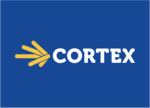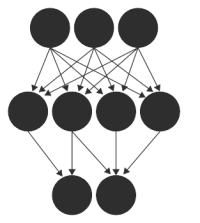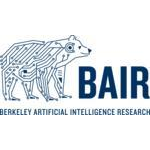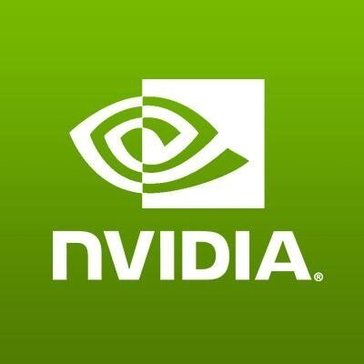
Hebel
Hebel is a Python library designed for GPU-accelerated deep learning, utilizing CUDA through PyCUDA. It supports various neural network architectures, including feed-forward networks for classification and regression, while offering advanced training techniques such as momentum and dropout. Regularization options like L1 and L2 weight decay enhance model performance.
Top Hebel Alternatives
Cortex
Cortex offers a sophisticated framework for machine learning in Clojure, enabling users to implement neural networks, regression, and feature learning.
ConvNetJS
ConvNetJS is a versatile JavaScript library designed for training deep learning models directly in the browser.
NeuralTalk2
NeuralTalk2 is a deep learning software designed for efficient image captioning using Torch, optimized for GPU performance.
IBM Watson Machine Learning Accelerator
The IBM Watson Machine Learning Accelerator empowers organizations to enhance deep learning workloads with accelerated model training and inference.
BrainCore
BrainCore is a high-performance neural network framework designed for iOS and OS X, written in Swift and optimized with Metal for exceptional speed.
Caffe
Caffe is a robust deep learning framework designed with speed, expression, and modularity at its core.
Microsoft Custom Recognition Service
By utilizing prebuilt and customizable models, CRIS enhances automation and drives insightful experiences, enabling businesses...
Azure Custom Speech Service
By leveraging advanced AI capabilities, it enhances applications with precise voice interactions, enabling seamless user...
Deep Learning GPU Training System (DIGITS)
By harnessing powerful GPU acceleration, it significantly reduces training times while providing tools for real-time...
gobrain
Users can easily construct, train, and test networks, leveraging built-in methods to predict outputs and...
julia-ann
By prioritizing user feedback and incorporating input from developers, it continuously evolves, ensuring that users...
Neurolab
It features built-in training algorithms and a flexible framework, making it ideal for both beginners...
PCV
The library requires Python 2.6+ and includes essential dependencies for specialized tasks...
Gesture Recognition Toolkit
It incorporates an extensive array of algorithms for classification, regression, and clustering, alongside robust preprocessing...
brain
Users can efficiently train the network with bulk data, customize hidden layers, and track training...
Top Hebel Features
- GPU acceleration with CUDA
- Supports multiple neural network types
- Configurable activation functions
- Momentum and Nesterov momentum
- Dropout regularization
- L1 and L2 weight decay
- Stochastic gradient descent implementation
- Python-based library
- Easy installation via PyPi
- Cross-platform compatibility
- Example yaml configuration files
- Model and log management
- User feedback integration
- Documentation available online
- Future model plans
- GitHub issue tracking
- Research citation support
- Maintained by expert developer
- Active community engagement
- Lever analogy inspiration.














